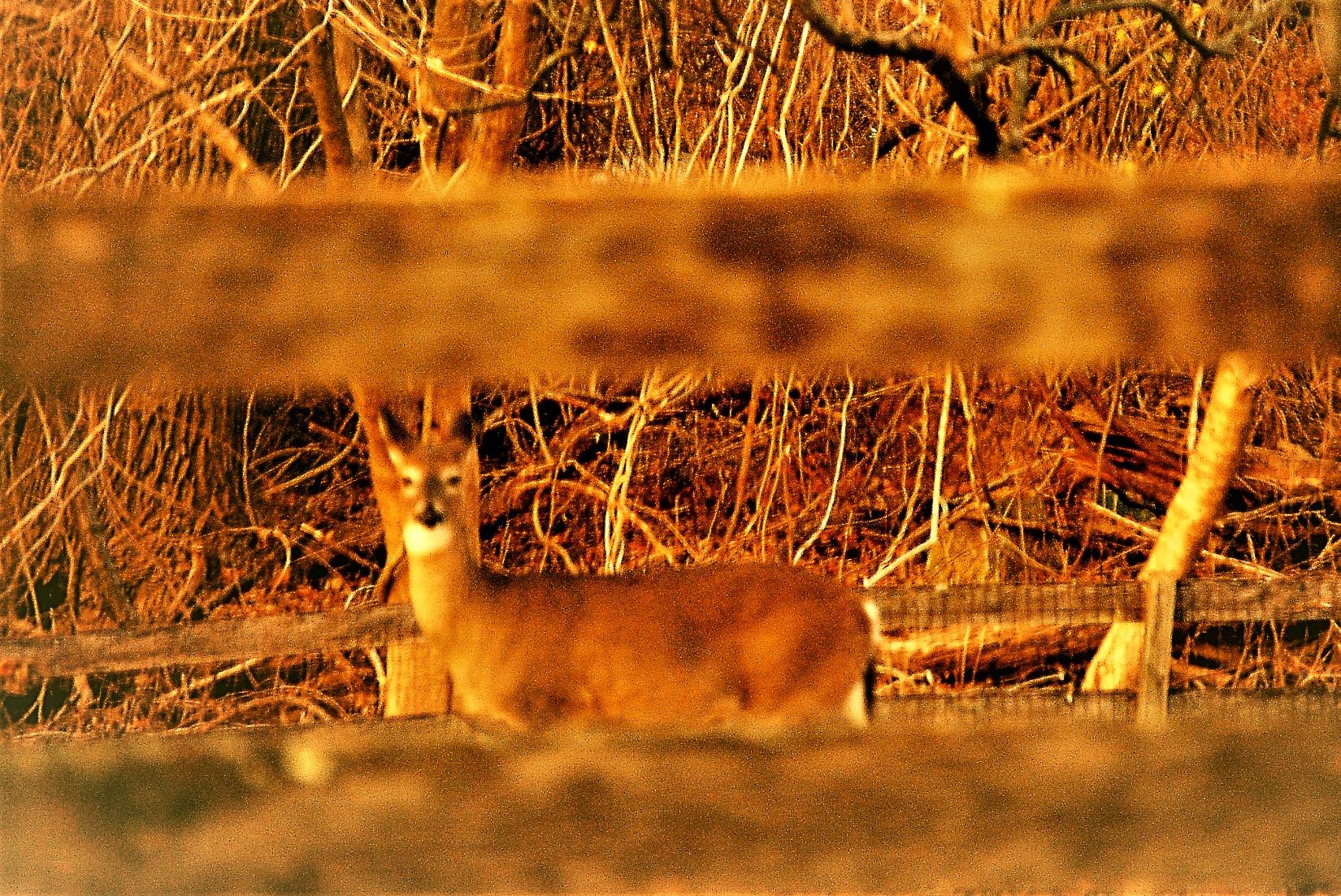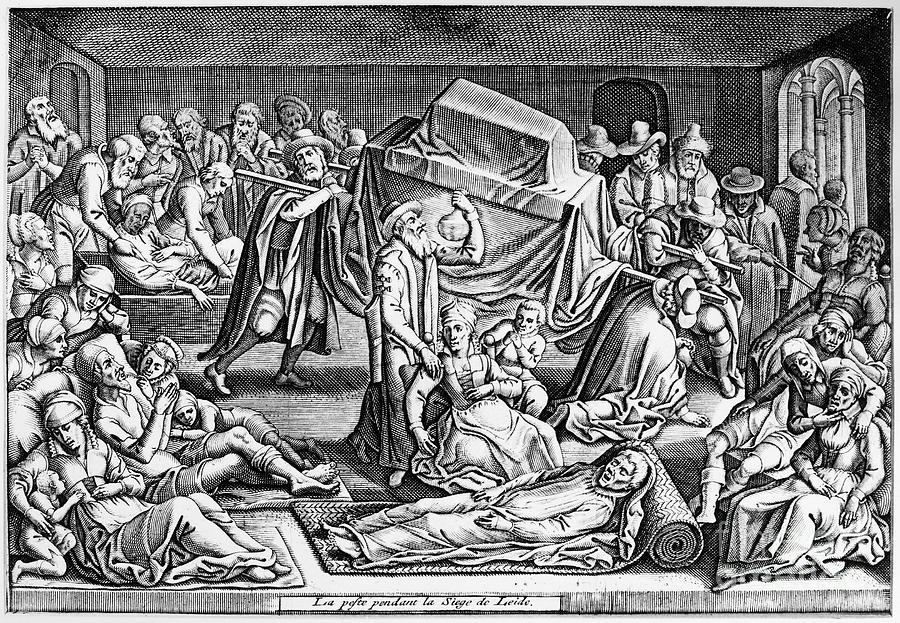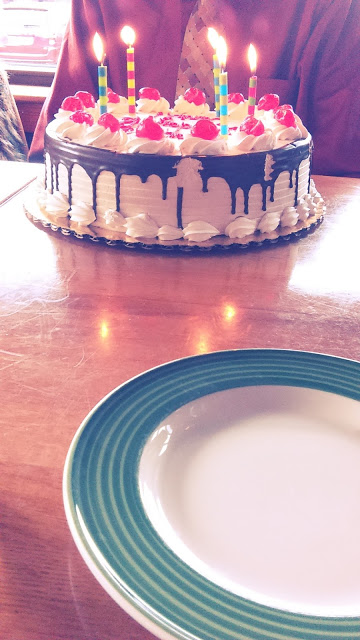Change of mind, change of heart — the possibility of such must never forsake us. The eternal aspect of our nature allows it; there we fear not dying, for death is a thing past. The freshness of new possibilities invigorates our new and resurrected day. Can we discern the progression of being set-apart unto God, closer and closer we go, the depths of life shake us, but outcomes never disappoint us. James Whitcomb Riley writes “The Shower.” The landscape, like the awed face of a Child, Grew curiously blurred, a hush of death. Fell on the fields, and in the darkened wild, The zephyr held it’s breath. No wavering glamour-work of light and shade, Dappled the shimmering surface of the Brook: The frightened ripples in their ambuscade of willows thrilled and shook. The sullen day grew darker, and anon dim flashes of pent anger lit the sky: with rumbling wheels…
Tag: <span>difficulties</span>
“In 165, during the reign of Marcus Aurelius, a devastating epidemic swept through the Roman Empire.” “…it was the first appearance of Smallpox in the west, Zinsser (1934). “But, whatever the actual disease, it was lethal. During the fifteen year duration of the epidemic, from a quarter to a third of the empire’s population died from it, including Marcus Aurelius himself.” ” Then in 251 a new and equally devastating epidemic again swept the empire, hitting the rural areas as hard as the cities.” “This time it may have been measles.” “The Rise of Christianity” Rodney Stark “…the role they, (the plagues), likely played in the decline of Rome was ignored by historians until modern times.” ” again and again, the forward march of Roman power and world organization was interrupted by the only force against which political genius and military valor were utterly helpless — epidemic disease.” Zinsser…
These things I learned this week: That, in the culture, individualism can be good, as long as I don’t make an idol of me. Again, culturally speaking, community is desired, but don’t make an idol of them. Who-a-person-is, subjectively, is discovered by them in receiving an objective identity, not by gazing within. The culture seeks to produce many identities from without the self. Next, diversity of attributes is to be celebrated; but to be realized only in the service of others, not to build a private reputation. Finally, an identity will reproduce itself. Webster’s from the year 1828 defines “culture” this way: The act of tilling and preparing the earth for crops; cultivation; the application of labor or other means of improvement. 2. … to improve good qualities in, or growth; as the culture of the mind; the culture of virtue. 3. … producing 4. Any labor or means employed…


